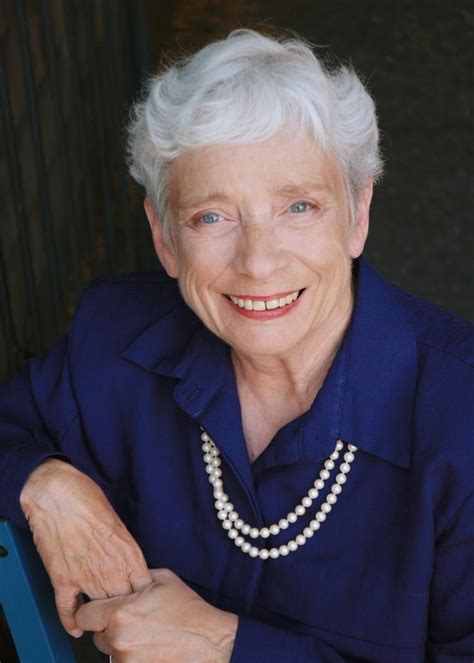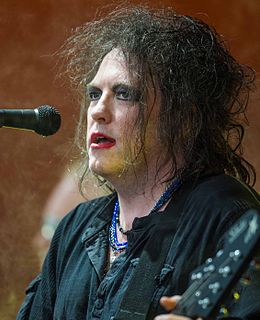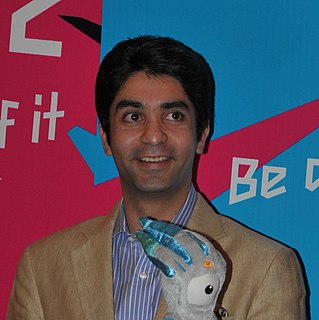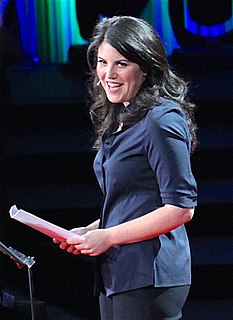A Quote by Mary Ann Shaffer
Perhaps there is some secret sort of homing instinct in books that brings them to their perfect readers. How delightful if that were true.
Related Quotes
Every generation likes to think that children don't read as much as they used to when they were young! You listen to some adults saying they were going around reading 'Ulysses' when they were seven or eight! I think children are voracious readers if you give them the right books and if you make those books accessible to them.
The ear is the only true writer and the only true reader. I know people who read without hearing the sentence sounds and they were the fastest readers. Eye readers we call them. They get the meaning by glances. But they are bad readers because they miss the best part of what a good writer puts into his work.
All men are brothers, we like to say, half-wishing sometimes in secret it were not true. But perhaps it is true. And is the evolutionary line from protozoan to Spinoza any less certain? That also may be true. We are obliged, therefore, to spread the news, painful and bitter though it may be for some to hear, that all living things on earth are kindred.
A true nature is a gloomy monolith, sort of like that old black rotary phone that I had to sing 'Happy Birthday' to Grandpa on. But novelists, damn us, still need true natures - so we can give them to our protagonists. And so readers can vaguely predict how they'll behave when we trap them in 'situations' that they can't IM their way out of.
The Librarian considered matters for a while. So…a dwarf and a troll. He preferred both species to humans. For one thing, neither of them were great readers. The Librarian was, of course, very much in favor of reading in general, but readers in particular got on his nerves. There was something, well, sacrilegious about the way they kept taking books off the shelves and wearing out the words by reading them. He liked people who loved and respected books, and the best way to do that, in the Librarian’s opinion, was to leave them on the shelves where Nature intended them to be.
Whenever I've been stuck on a project, it's always brought me solace to the return to books that moved me in the past. It's a nice way to get outside my own head; and it brings me back to one of the most important reasons I write at all: to bring some pleasure to readers, to make them think or feel.
...The lesson [comic books] taught children- or this child, at any rate- was perhaps the unintentionally radical truth that exceptionality was the greatest and most heroic of values; that those who were unlike the crowd were to be treasured the most lovingly; and that this exceptionality was a treasure so great that it had to be concealed, in ordinary life, beneath what the comic books called a 'secret identity'.






































